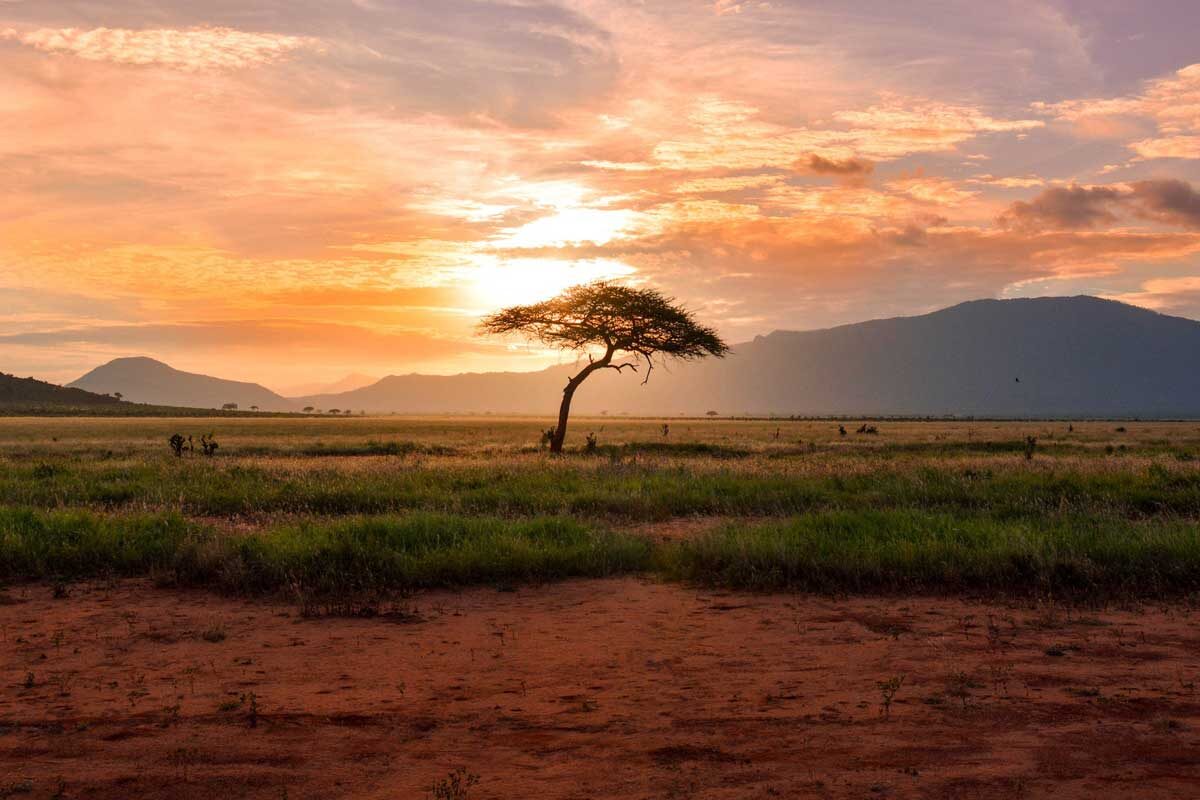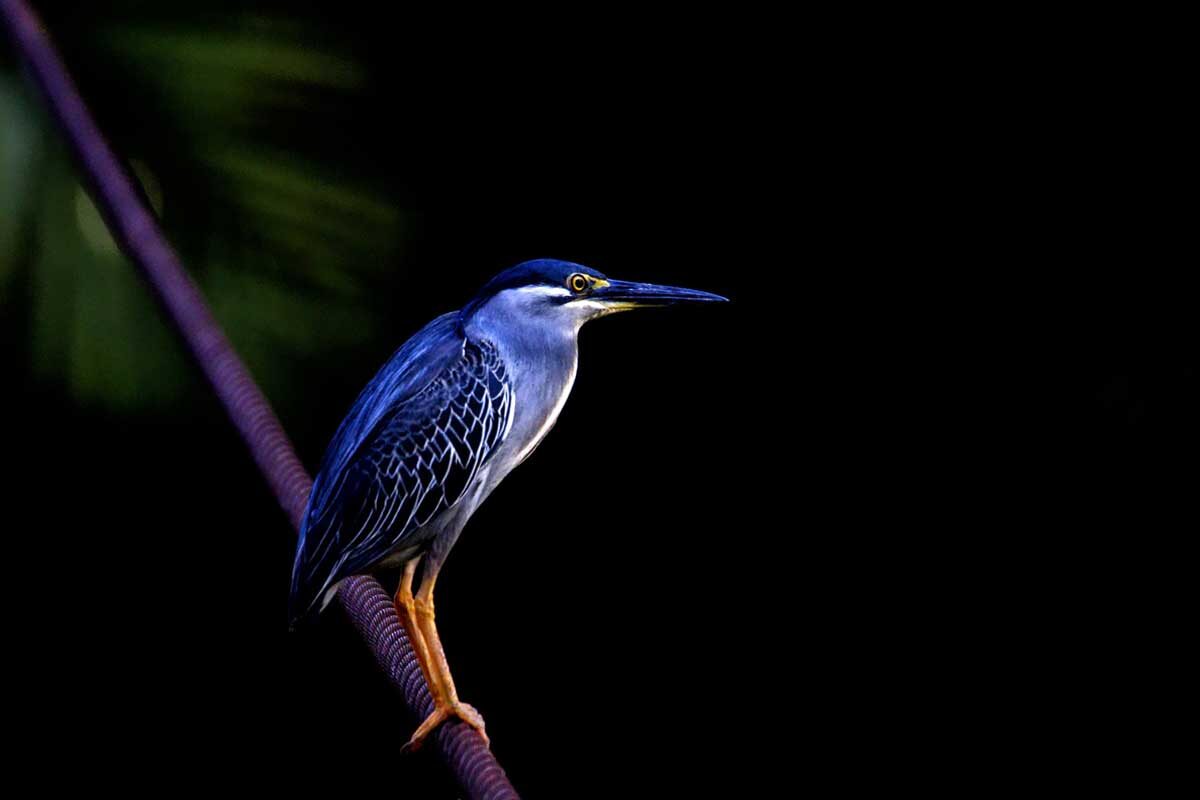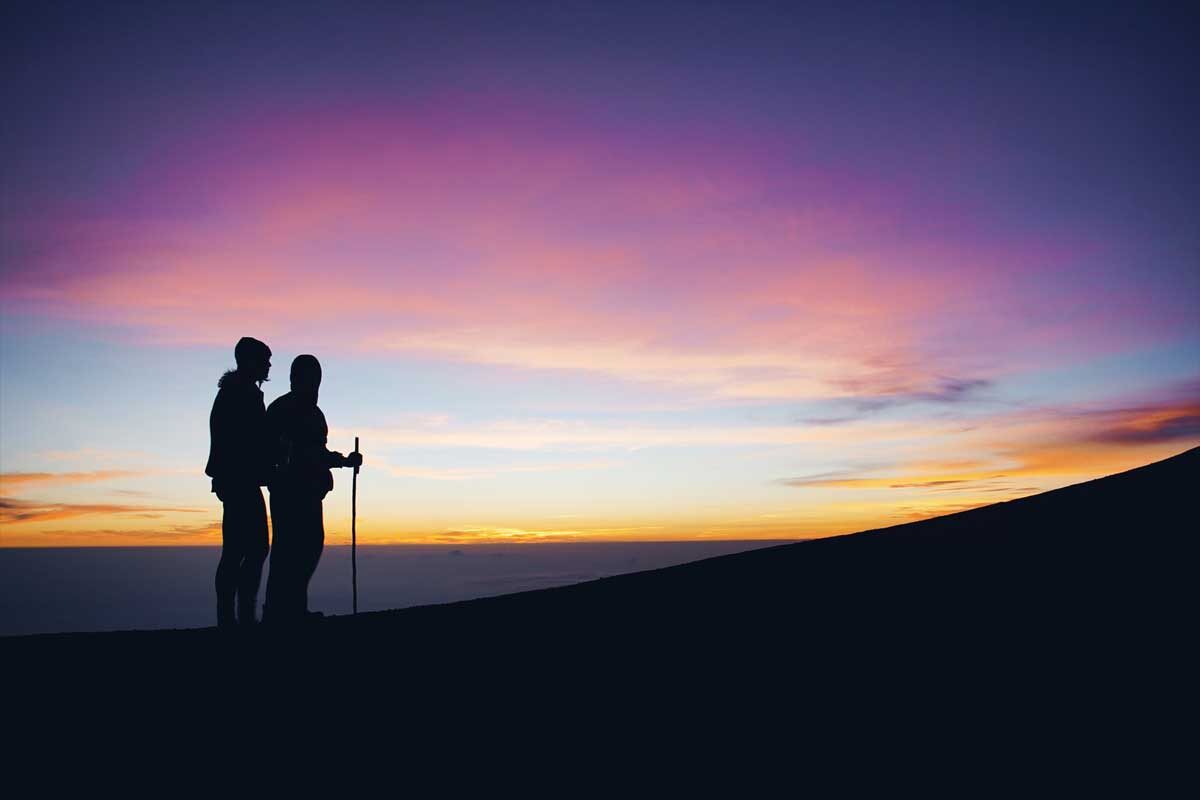Liuwa Plain National Park
Located on the Zambezi floodplain in western Zambia are the remote Liuwa Plains. It was in the 19th Century, the King of Barotseland decreed his people would manage the wilderness. To this day, that sentiment remains. The park is still under the ancient custodial care of the Lozi people.
Lack of funding, poaching and agriculture took its toll on the wildlife, however. In 2003 the current King partnered with African Parks to manage the park. Soon, sustainable programmes for fishing and land use were in place. Now, the park is the biggest employer in the area. Wildlife is successfully protected, and numbers are on the rise.
Green and gold grasses extend as far as the eye sees to form the plains. Spectacular thunderstorms begin from November. Vast spreading floods create an inland delta as a result of the heavy rains. Soon jaw-dropping amounts of birds gather at the waterholes. Then the second biggest wildebeest migration in Africa arrives. Photographer’s drool at the vistas especially as the predators take their pick of the ungulates.
The famous Kuomboko Ceremony takes place between January and April. The King moves to higher ground with his entourage to avoid the floods at this time. It’s a real spectacle with music and celebrations. A magnificent boat with many oars floats the King and his family along the water channel. The King himself dresses up for the journey in full British Admiral regalia given to the tribe by King Edward VII.
The park is not well known, and visitor numbers are low. There are just a couple of national park campsites for self-drivers. One luxury all-inclusive safari camp sits in the middle of the plains with a spectacular view.
Tips
Liuwa is open from the 1st April to 15 December. Access from April to June is by plane only. Self-drive in 4×4’s is possible only from July to December. November to December is spectacular as green grass and flowers cover the area. The wildebeest migration begins in earnest at this time.
There are two scheduled flights per week into Liuwa Plains. The schedule means every visitor that flies in will stay either 3 or 4 nights. An excellent safari combination is to combine the Liuwa with Kafue National Park.





